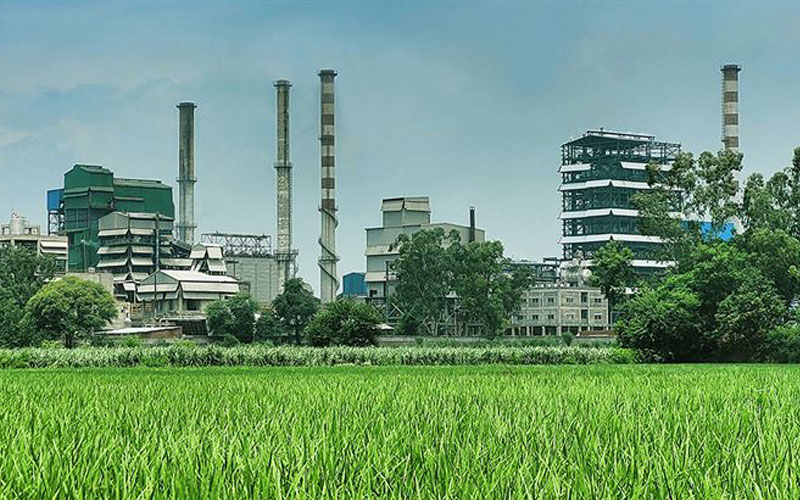The increased investment will be directed towards upgradation & modification of four paper machines, capacity expansion and AI integration, resulting in enhancement of its overall production capacity by 50 percent from the current 450 TPD to 675 TPD.
Dec 17, 2024

Kuantum Papers Limited has approved a capex project cost of INR 735 crore, for upgradation and modification of paper machines, capacity expansion and AI integration.
As per the company, the Board has approved a revised capex project cost of INR 735 crore, an increase from the initial outlay of INR 285 crore. The increased investment will be directed towards upgradation and modification of existing projects, mainly its four paper machines with a focus on environmental sustainability, which will ultimately result in a 50 percent boost in overall production capacity from the current 450 TPD to 675 TPD.
Watch: In Pursuit of Lesser Water Footprint
Under the new plan, Kuantum Papers has placed orders for a state-of-the-art shoe press for PM4 from Bellmer and initiated the procurement of a DBS for its pulp mill, which will result in higher production and pulp yield with lower steam consumption.
The utilities section comprising our agro and wood pulp mills, co-gen power plant, chemical recovery plant and effluent treatment plant will also undergo upgradation to commensurate with this enhanced paper making capacity. KPL is also leveraging the power of Industry 4.0 technologies, including the Internet of Things (IoT), Artificial Intelligence (AI) and cloud computing, to drive operational efficiency and optimal resource utilisation.
Also Read: Karnataka Signs MoU with Germany’s Krones to Boost Manufacturing in Kolar District
Driven by the approach of a circular economy with environmental stewardship, Kuantum Papers is enhancing the production capacity of its on-site Clonal Propagation Center (Nursery) from current 40 lakh saplings to 1 crore per year. The company aims to cover 50,700 acres of land under its Social Farm Forestry programme by 2028-29, making significant contributions to reforestation and biodiversity conservation, along with ensuring a reliable and sustainable raw material supply.



